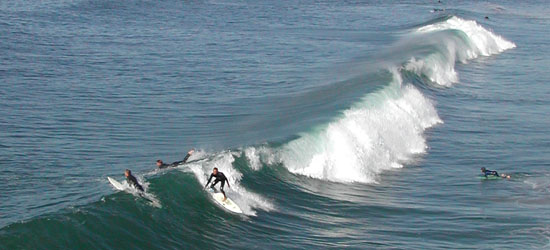Words on Paper
This summer, Jake and I listened to all of David Sedaris' books on tape. I had already read all the books so my experience with the audio was quite different from Jake's. He was hearing the very talented Sedaris for the first time and laughed the entire time. What took me by surprise was how different the stories seemed from when I had read them. Was I remembering them incorrectly or was he even funnier than I thought?
The difference, we decided, came from my reading his stories versus his reading his stories. When he read the stories he had written aloud, he knew exactly where the emphasis fell and exactly where to stop for a stronger effect. When I read them, sometimes I was right on and sometimes I was way off. In cases where I was off, the entire story got affected by my inability to accentuate correctly.
In today's email-centric society, I think this inability to put proper emphasis can lead to serious consequences. Just like sarcasm might be interpreted differently, words on paper have a million possible permutations when you put them in different emotional and psychological context. I have been guilty of reading an email from a friend and getting offended. Depending on my mood, the same email might be rude, dismissing, noncommittal, or encouraging. Just like someone could utter the same words but they change meaning if the person is crying or laughing. I think this is the main reason I put a lot of smileys in my written communication. When I chat or write email, I notice that every other line has a smiley or a sad face to emphasize my connotations.
I imagine someone with an English degree would claim that I am not taking the time to choose the correct word. And that if I were picky about my words, I could drastically reduce the potential for misunderstanding. I'm sure that's true but I think email by its nature tends to be for quick communication and thus doesn't often contain well thought-out words. We write and then hit send. We don't think too too much about it.
So what's the answer? Should we be thinking more when we write? Should we give the other person the benefit of the doubt when we read? Should we just hope our intentions will be clear?
I guess I like to assume the best of people and thus I'd suggest not reading into things too much. But, then again, maybe that's too naive.
|



